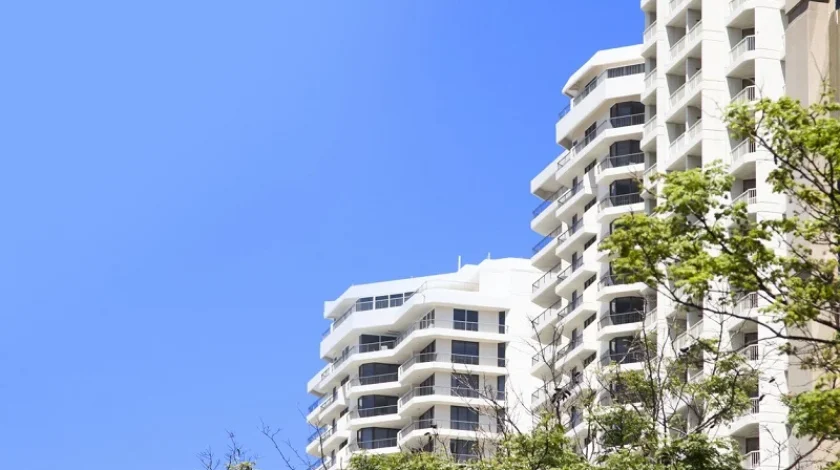From 1 January 2018, any building contract entered into by a developer and builder in NSW will need to adhere to the new strata building bond and inspection scheme. The regime does not apply to building work if the building contract for carrying out the work was entered into before 1 January 2018 – therefore the scheme will not apply to off-the-plan purchasers where the contract was exchanged prior to this date.
The newly implemented building bond only applies to the construction of four or more storied residential or partial-residential properties, and includes both a building bond and compulsory inspection report analysing the defects in the construction. This is set to provide a structured and proactive approach to resolving nagging issues pertaining to the construction of strata buildings across NSW in a much quicker and more cost effective manner.
Key elements of the new strata building bond and inspection scheme
- Developers are required to submit a building bond to NSW Fair Trading, equal to 2% of the building contract price.
- Upon approval from The Owners’ Corporation, developers are required to hire an independent building inspector to prepare the defects report. The building inspector must not be related to the developer in any manner, and the developer can in turn be penalised if they fail to disclose any connection with the building inspector. Likewise, the building inspector can be penalised for failing to disclose any connection with the developer.
- The appointed inspector will conduct a first inspection of the strata property and prepare an interim report on any defect(s) within the first 15 to 18 months of the construction having been completed. The Building Bond Secretary will have access to the report, and if the building inspector is unavailable, the developer must advise the Building Bond Secretary to appoint a new building inspector.
- If the interim inspection report does not identify any defects, the building bond is acquitted to the developer after two years of completion of construction. However, if any defects are detected, it is the responsibility of the developer to rectify them.
- The final inspection of the strata building will be conducted by the appointed inspector 21 to 24 months after the building work has been completed, and the final inspection report will be prepared.
- If the final report fails to identify any defects, the building bond will be acquitted to the builder. However, if any defects are identified, the building bond will be used to pay the rectification costs incurred.
- If any defects in the construction are detected in the final inspection report, the Building Bond Secretary makes allowance for the release of the bond money to The Owners Corporation to use it in fixing those defects identified. After the defects are fixed, any money left over must be returned to the developer.
The recent implementation of the strata building bond and inspection scheme is expected to eliminate any kind of negligence on the part of the developer in the construction of the strata properties, and reassures buyers that they are cutting a good deal when it comes to the construction of the property that they are buying.
If you have any questions regarding the strata building bond and inspection scheme and would like to speak with someone in our Commercial Property team – please don’t hesitate to get in touch today.













